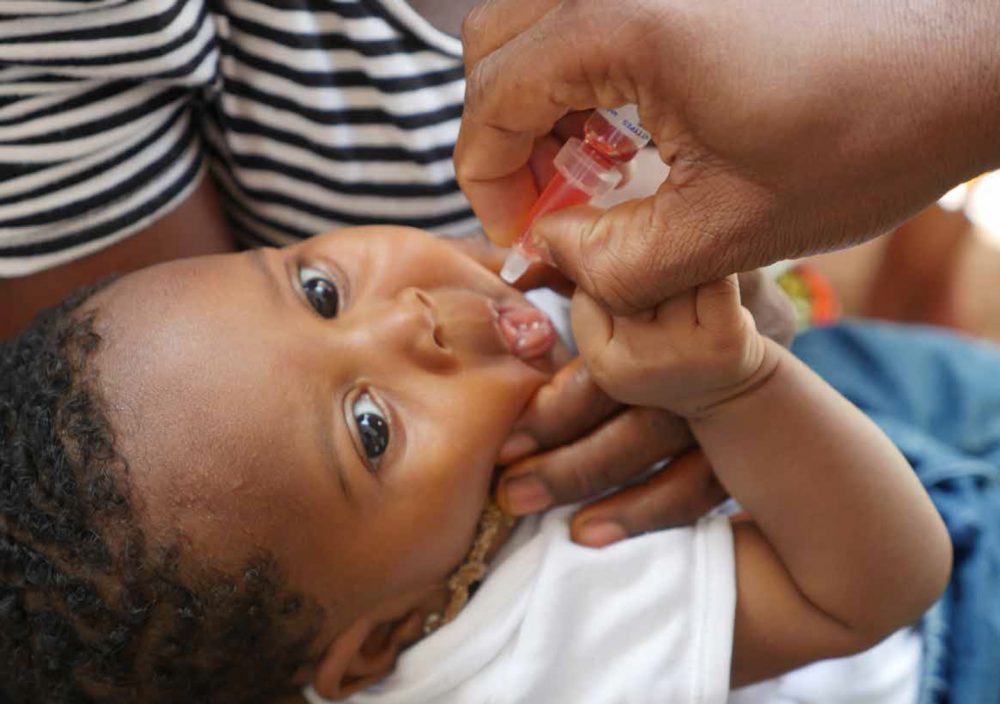Immunisation
Immunization is the process whereby a person is made immune or resistant to an infectious disease, typically by the administration of a vaccine.
The mission of the Comprehensive Family Immunization (IM) unit is to promote and coordinate technical cooperation and partnerships with the private and public sectors and the international community in support of countries’ efforts to achieve sustainable and equitable reduction of morbidity and mortality of vaccine-preventable diseases through control and elimination strategies.
Vaccines stimulate the body’s own immune system to protect the person against subsequent infection or disease.
Immunization is a proven tool for controlling and eliminating life-threatening infectious diseases and is estimated to avert between 2 and 3 million deaths each year. It is one of the most cost-effective health investments, with proven strategies that make it accessible to even the most hard-to-reach and vulnerable populations. It has clearly defined target groups; it can be delivered effectively through outreach activities; and vaccination does not require any major lifestyle change.
The Immunization and Vaccines Development Programme provides technical support to countries in Africa in order to contribute to the reduction of disease, disability and death due to vaccine preventable diseases
With one in five African children lacking access to all needed and basic life-saving vaccines, ministers of health and other line ministers countries committed themselves to keep immunization at the forefront of efforts to reduce child mortality, morbidity and disability.


